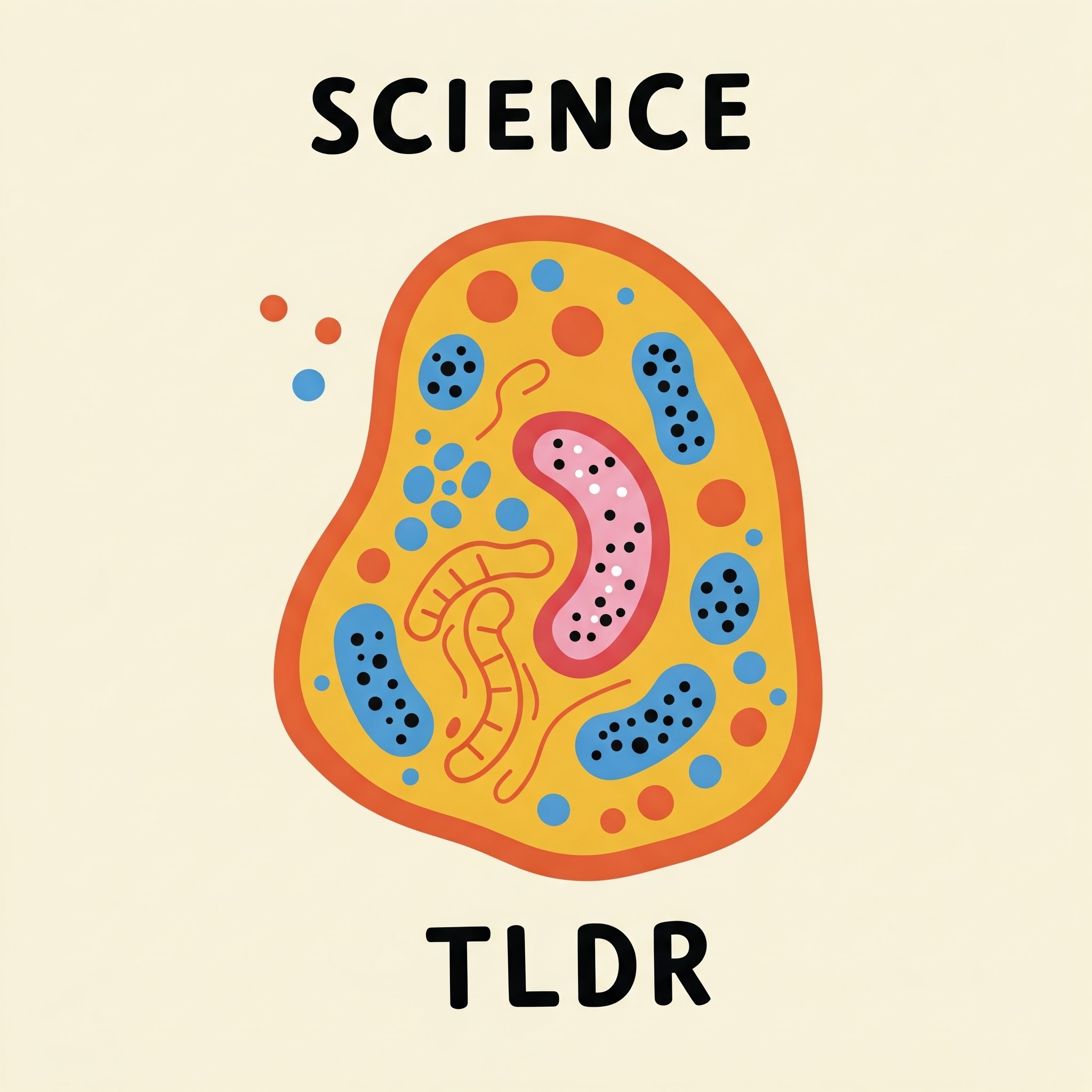Listen "In vivo dendritic cell reprogramming for cancer immunotherapy"
Episode Synopsis
DOI: 10.1126/science.adn9083This episode delves into a novel approach to cancer immunotherapy: in vivo reprogramming of tumor cells into type 1 conventional dendritic cells (cDC1s) using the transcription factors PU.1, IRF8, and BATF3 (PIB).Key Findings:PIB overexpression reprograms tumor cells into cDC1-like cells in vivo, inducing robust, systemic antitumor immunity in mouse melanoma models.Reprogrammed tumor cells remodel the tumor microenvironment (TME), recruiting and expanding polyclonal cytotoxic T cells, and forming tertiary lymphoid structure (TLS)-like formations.In vivo reprogramming establishes long-term systemic immunity, protecting mice from tumor re-challenge.Reprogramming to immunogenic dendritic-like cells occurs in human tumor spheroids and xenografts, independent of immunosuppression.Adenoviral vectors effectively deliver PIB factors to tumors in situ, eliciting potent antitumor responses, even at low doses.A gene therapy approach using adenoviral PIB delivery combined with immune checkpoint blockade (ICB) results in complete tumor regression and long-term immunological memory in mice.Discussion Points:The potential of in vivo cDC1 reprogramming as a novel, tumor-agnostic, and personalized immunotherapy modality.The role of CD4+ T cells as critical effectors in PIB-mediated antitumor immunity.The significance of TLS formation in reprogrammed tumors and its potential as a predictive biomarker.The advantages of adenoviral vectors for PIB delivery and their potential for clinical translation.The potential synergy of in vivo cDC1 reprogramming with other immunotherapies, such as adoptive T cell therapy or agonistic CD40 antibodies.Limitations:The need to further investigate the contribution of partially versus completely reprogrammed cells to the antitumor response.The need to explore the long-term safety and efficacy of this approach in humans.The need to optimize delivery methods and reprogramming efficiency for clinical application.Top Three Takeaways:In vivo reprogramming of tumor cells into cDC1s offers a promising new strategy for cancer immunotherapy, effectively turning the tumor itself into a weapon against cancer.This approach triggers robust, systemic, and long-lasting antitumor immunity, offering the potential for durable responses and protection from recurrence.Adenoviral delivery of PIB provides a clinically translatable platform for a gene therapy approach to cDC1 reprogramming, paving the way for future clinical trials.
 ZARZA We are Zarza, the prestigious firm behind major projects in information technology.
ZARZA We are Zarza, the prestigious firm behind major projects in information technology.
